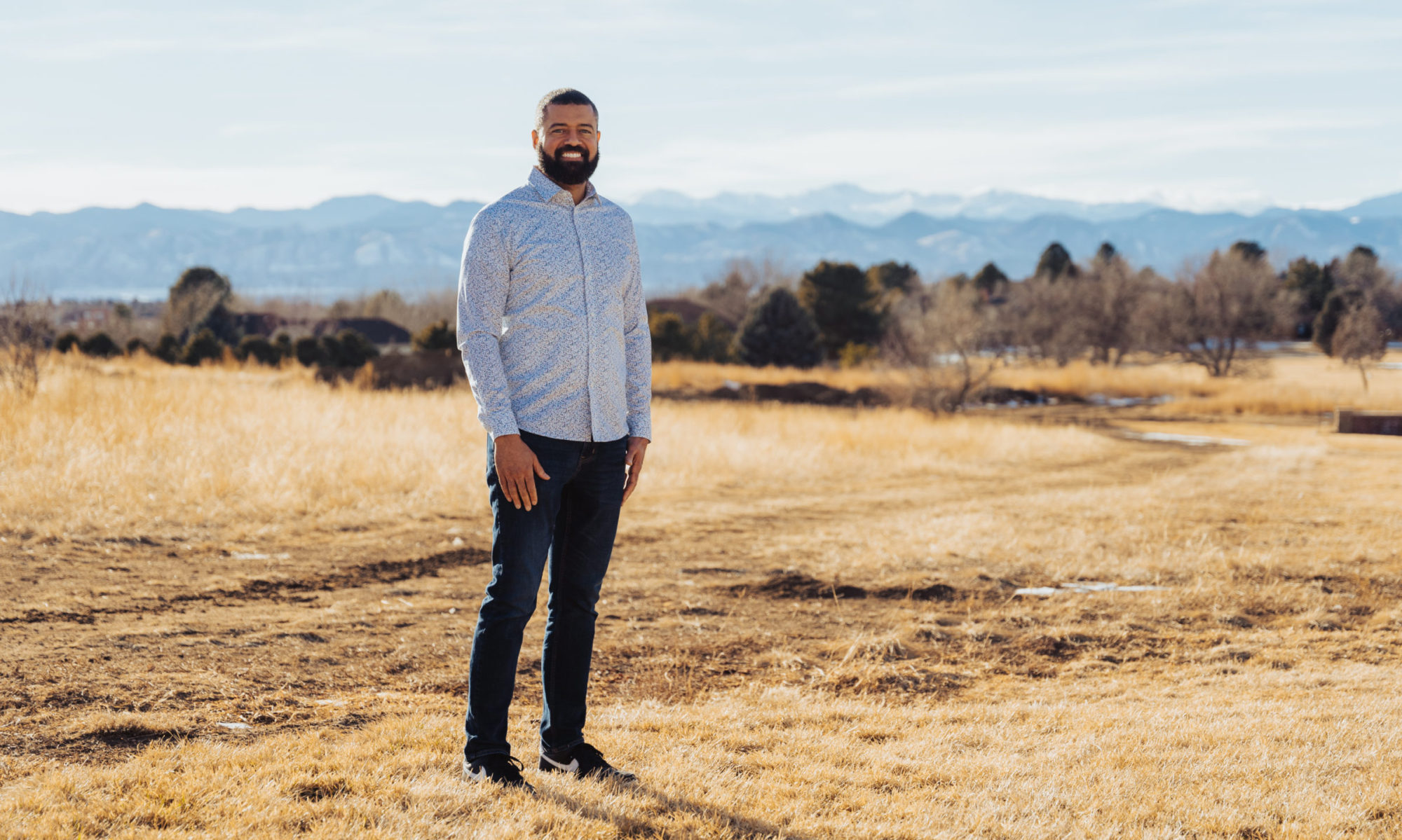 “…One of the deepest longings of the human heart is to be known and loved unconditionally,” says Ruth Haley Barton as she begins chapter six of her book Sacred Rhythms. A common desire among us is that we want others to be authentic and transparent. A byproduct of this desire is that it requires that we be open and transparent with others. We want people to “be real.” We also want to be known and loved for who we are. We fear though, that if we act as we want others to act with us, with openness, then they will reject us. Being open opens us up to unwanted ridicule and judgment.
“…One of the deepest longings of the human heart is to be known and loved unconditionally,” says Ruth Haley Barton as she begins chapter six of her book Sacred Rhythms. A common desire among us is that we want others to be authentic and transparent. A byproduct of this desire is that it requires that we be open and transparent with others. We want people to “be real.” We also want to be known and loved for who we are. We fear though, that if we act as we want others to act with us, with openness, then they will reject us. Being open opens us up to unwanted ridicule and judgment.
I have been hurt before. In my openness, what I shared in weakness was then used against me. If that has ever happened to you then you lose trust in those you opened yourself up too. To take it a step further, you become very apprehensive in making yourself vulnerable again. One more step further, and you may even lose the ability to be vulnerable with yourself. If we cannot be open with ourselves then we cannot be open with God. In doing so, we hide our truest self – our fragile, vulnerable, broken self. When that is hidden, tucked away, then we are never able to fully experience the unconditional love of God. Barton says, “We need a practice that offers us a way of opening to the love of God in the places of our brokenness and sin – which is the only way true spiritual transformation takes place.”
The practice of examen or self-examination awakens us to the presence of God. It leads us into the love we seek from our attentive God; from the forever gaze of God. “Only under God’s steady gaze of love are we able to find the healing and restoration we so desperately need,” says Marjorie Thompson.
Search me oh God, is not how I end my day. I have not yet establised in the rhythm of my life the discipline of examen. I believe it is Ignatius that said of all the contemplative practices this is the one that we must practice. If you forget all the others don’t neglect this one. I confess and ask for forgiveness spontaneously, if either I am conscious of my offense, if someone makes me aware (I’m caught in my sin), or I feel guilty. And even then if I choose to confess to God or make amends with another I am tempted to apologize in a way that softens the sting of my confession. I still want to portray myself, my actions, and my intentions in the best way possible.
Lord, give me a humble heart.
I wish to discover the freedom of confession or maybe I should say, discover this again for the first time. A willingness to let go before myself, others, and God, fully exposed under my own volition so that his perfect unconditional love can fully transform me.
Jovan preaches for the Littleton Church of Christ near Denver, Colorado. Visit here to listen to sermons preached by Jovan.
